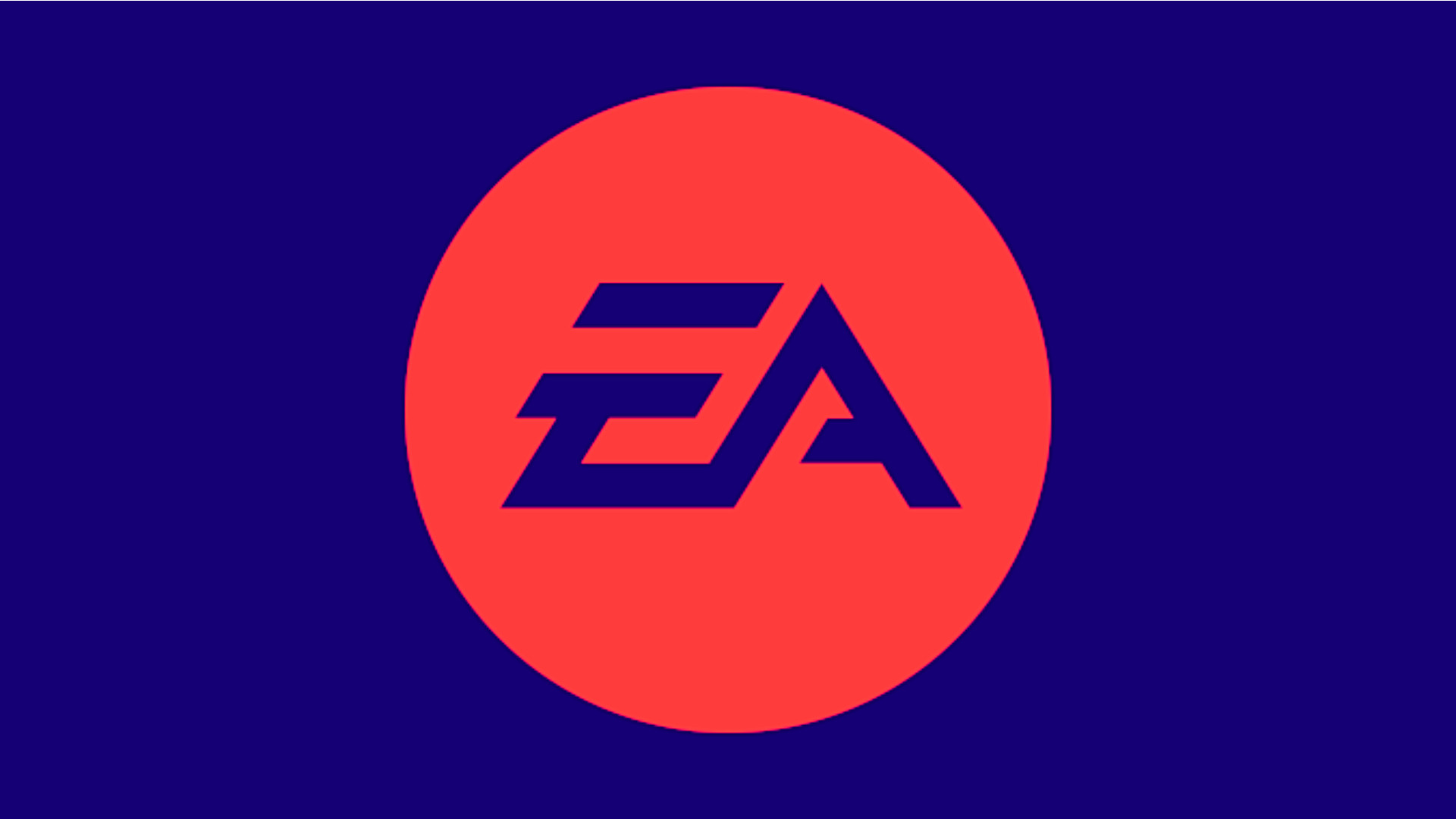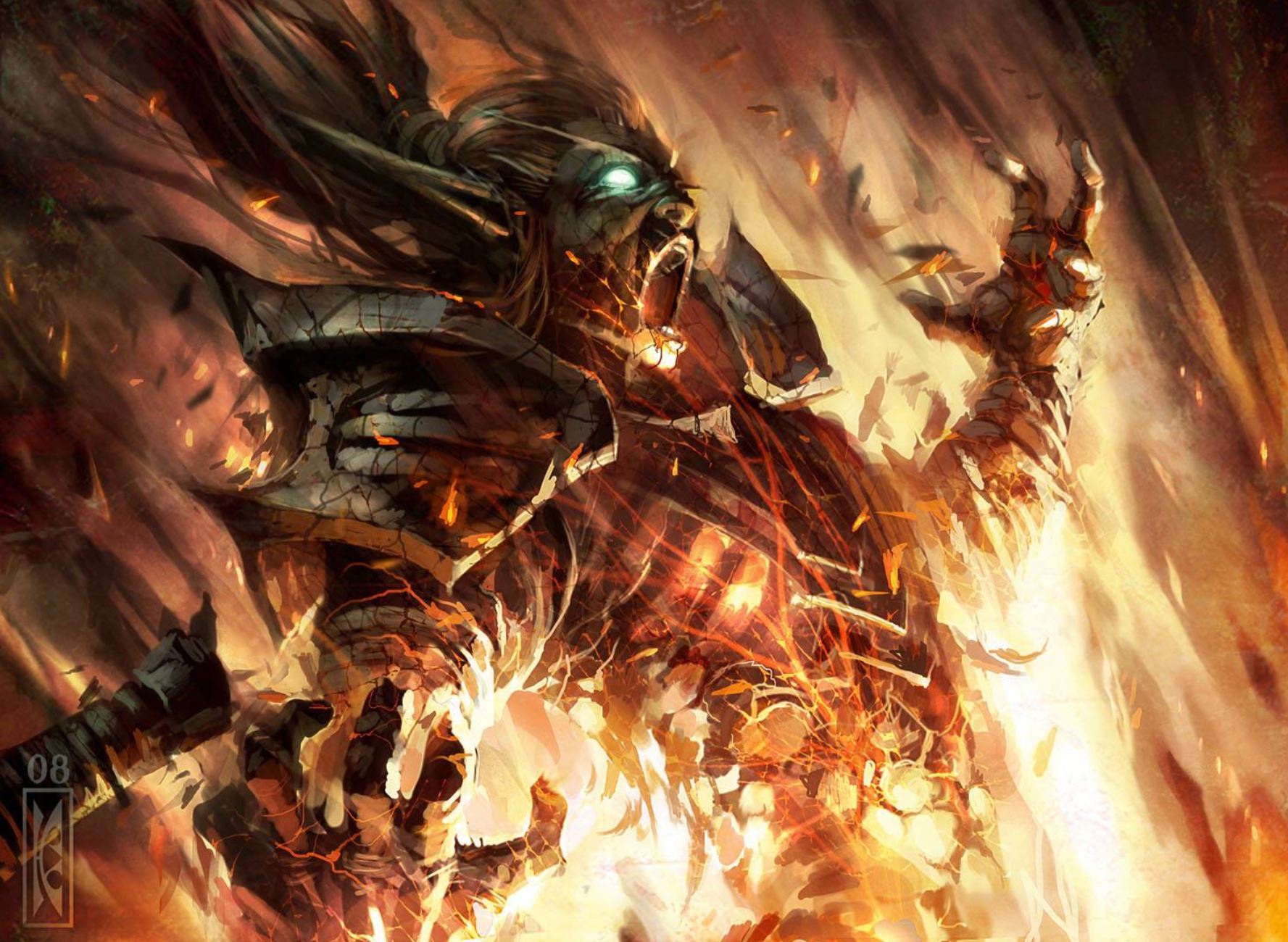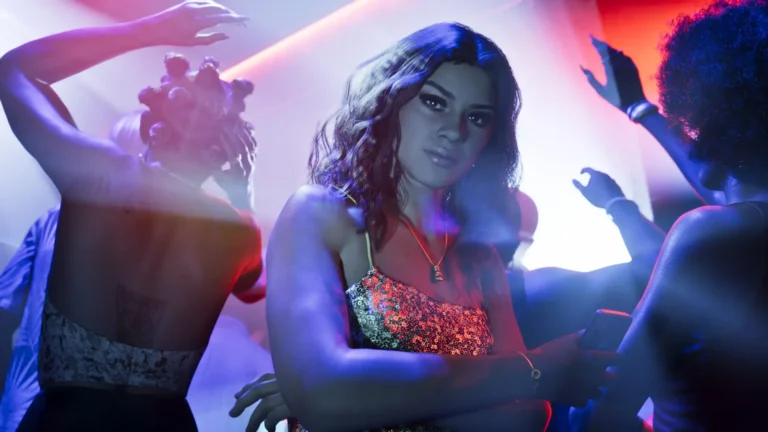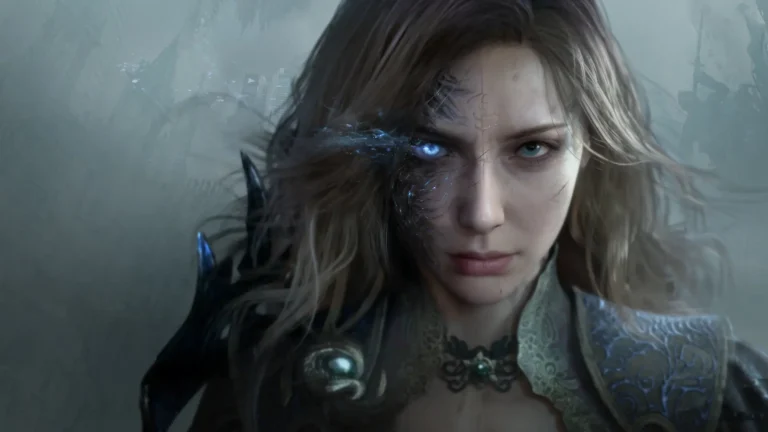Previously, Electronic Arts announced it was going private after striking a massive $55 billion deal with a consortium of investors. Now, a new internal update sheds a bit more light on what’s next — with EA reportedly telling staff they’ll “maintain creative control” if the acquisition goes through. The sale isn’t expected to finalize until early 2027, but that hasn’t stopped speculation about what this means for the company’s workforce and the future of its games.
Fear for the Future

Since the deal announcement, EA has been mostly silent on the matter. That changed this week with an updated internal FAQ aimed at addressing some of the biggest questions swirling among employees and fans alike.
One of the main concerns — and one EA didn’t dance around — is whether it will retain creative freedom over its IPs post-acquisition. In the new statement, EA reassured both sides by saying, “EA will maintain creative control, and our track record of creative freedom and player-first values will remain intact.” The company added that “The consortium is supportive of and committed to investing in our exceptional employees and our strong culture.”
But that’s a promise easier said than kept.
Concerns Around the Consortium

Much of the unease stems from who’s actually behind the deal — primarily Saudi Arabia’s Public Investment Fund and Jared Kushner’s Affinity Partners. Their involvement has fans worried about potential changes in EA’s approach to diversity, representation, and creative risk-taking. Some fear that games like The Sims, which have long championed inclusivity, could see aspects of that identity watered down.
In the wake of the announcement, several Sims creators have already voiced their frustration and even stated plans to step away from the EA Creator Network due to concerns about the deal’s implications.
Financial Health and the AI Questions
The FAQ also tackles another key question: Is EA in financial trouble? The company insists it’s not, claiming it remains in a “strong financial position.” That hasn’t stopped speculation that AI and automation may be quietly driving internal shifts and cutting costs ahead of the deal’s completion.
EA’s statement on the matter reads, “We will maintain a thoughtful, steady approach to AI. AI is a tool to empower our people to put creativity first by reimagining workflows and amplifying the creative power of our teams.”
Depending on how you read it, that could either sound reassuring or like corporate code that lacks answers.
What Comes Next
For now, EA says it expects the transaction to close “within the next six to nine months.” Until then, it’s business as usual — at least on the surface. Fans should keep an eye on any subtle shifts in tone or priorities across EA’s biggest franchises, from Battlefield 6 to The Sims.
Because while the company insists it’ll keep its creative independence, history has shown that once the money changes hands, so can the message. Until we know more, keep an eye on our latest news for more updates.




